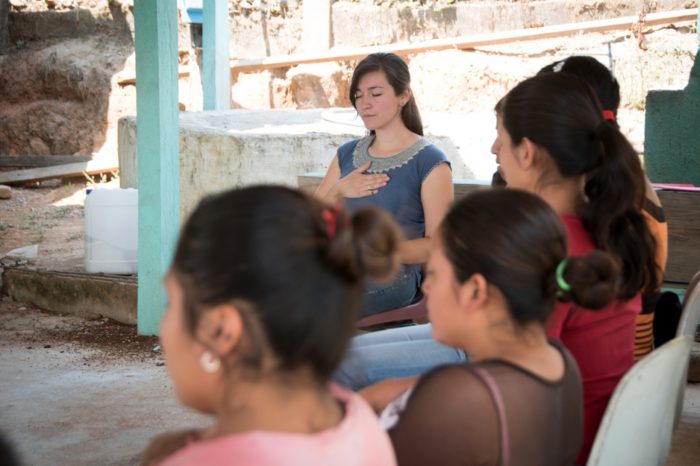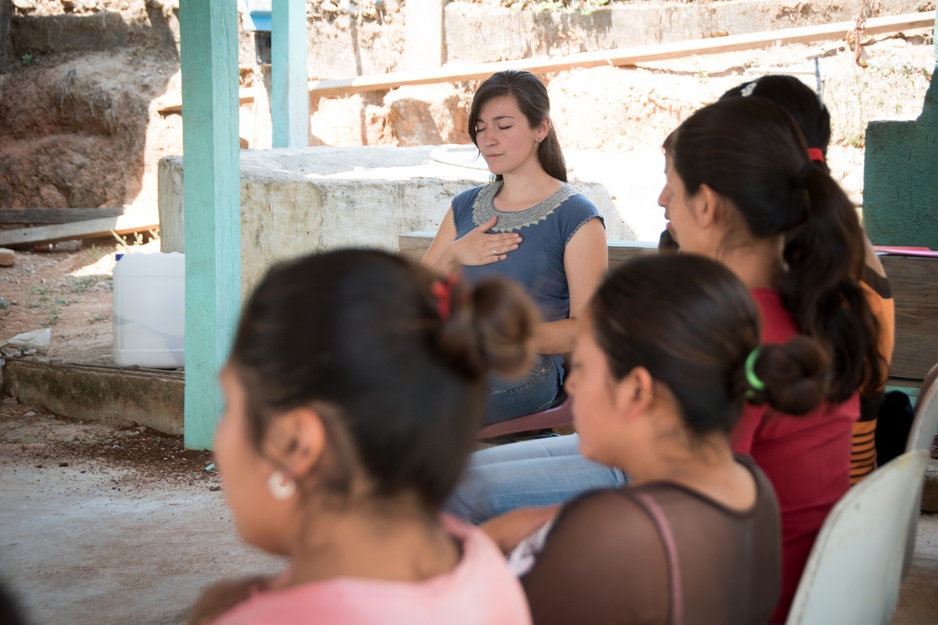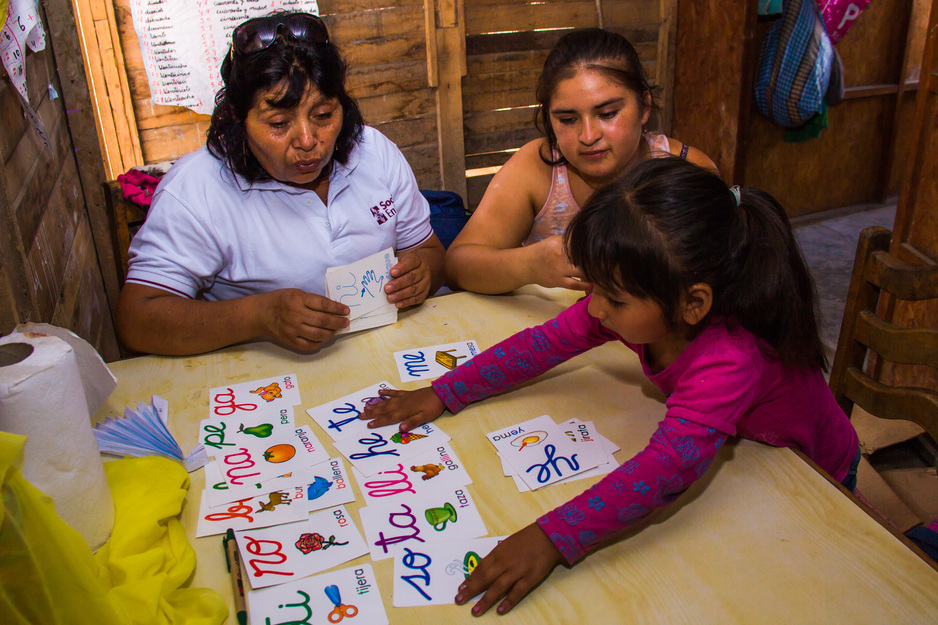10 Mental Health Tips for Coronavirus Social Distancing


Dr. Giuseppe (Bepi) Raviola, director of mental health at Partners In Health, put together a list of key practices to maintain good mental and emotional health for those asked to stay at home and practice social distancing in efforts to prevent further spread of the novel coronavirus, or COVID-19.
As we enter this new and unprecedented phase of the pandemic, we are inundated with guidelines about how to keep ourselves and our families healthy and virus-free. Yet a key item on the list — social distancing — poses unprecedented challenges to our mental and emotional well being, and requires consideration. The risk may be especially high for our children, who are suddenly cut off from school and friends.
How do we as individuals and parents cope without driving ourselves and each other crazy?
It’s a question that mental health professionals such as myself are being asked multiple times a day and that urgently needs addressing. This introduction and list was written with the help of people with whom I work, trying to gain steady emotional footing in this strange new scenario we together are in:
Top 10 Practices:
- Social distancing does not mean emotional distancing; use technology to connect widely;
- Clear routines and schedule, seven days a week, at home—don’t go overboard;
- Exercise and physical activity, daily if possible;
- Learning and intellectual engagement—books, reading, limited internet;
- Positive family time—working to counter negativity;
- Alone time, outside if possible, but inside too; but remember, don’t isolate;
- Focused meditation and relaxation;
- Remember the things that you really enjoy doing, that you can do in this situation, and find a way to do them;
- Limit exposure to TV and internet news; choose small windows and then find ways to cleanse yourself of it;
- Bathe daily, if possible, to reinforce the feeling of cleanliness.

Remember:
- Things will get better eventually, and back to normal; the world is not collapsing (don’t go “catastrophic”).
- Most people are good, and people are going to persevere and help each other
- You’re tough, you’ve overcome challenges before; this is a new one.
- This is a particularly strange and unprecedented situation; humor helps once in a while.
- If having obsessive or compulsive thoughts related to the virus, or the broader uncertainty, wash your hands once, and then remind yourself that anxiety is normal in this scenario. But the mind also can also play tricks on us. Try to breathe and move the internal discussion on.
- Live in the moment, think about today, less about the next three days, even less about next week; limit thinking about the next few months or years, for now.
Article originally posted on pih.org



